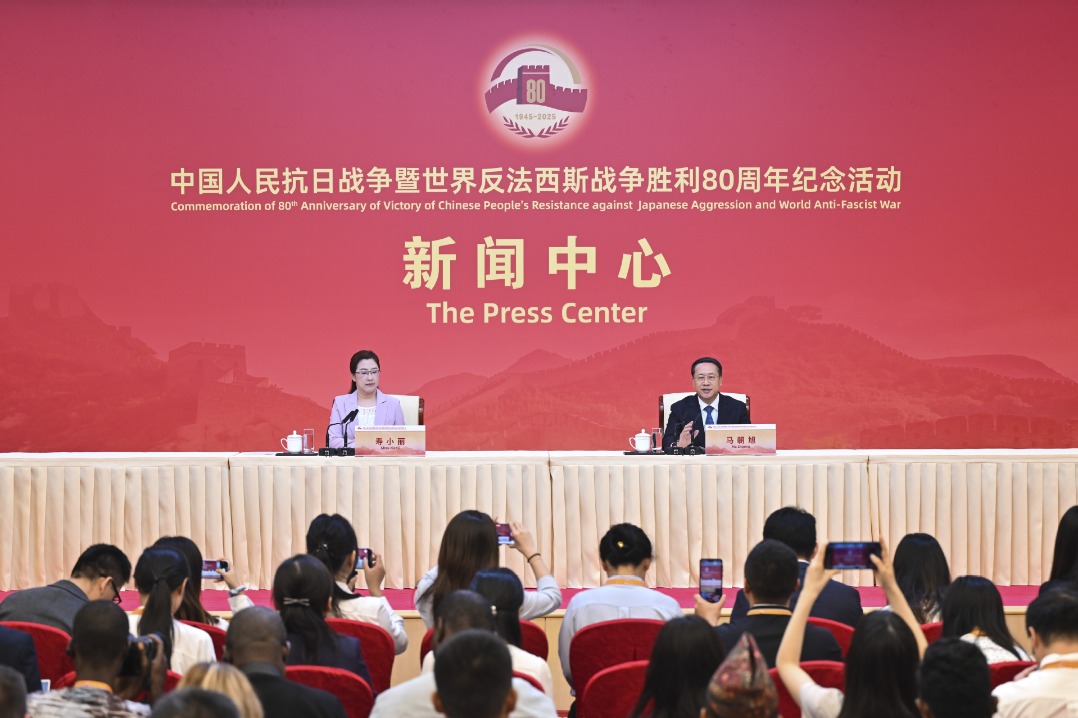China leads shift to cars becoming software on wheels, says Arm exec
By LI FUSHENG | China Daily | Updated: 2024-11-25 10:40

Arm, the world's leading computer platform company, has emphasized China's role in driving the global transition to software-defined vehicles.
China's automotive market, marked by rapid electrification and agile development cycles, is uniquely positioned to lead the software-defined vehicle revolution, said Robert Day, go-to-market director of Arm's Automotive Line of Business.
He made the remarks in an interview at the Arm Tech Symposia on Nov 19 in Shanghai.
"China's OEMs (original equipment makers) are outpacing their global counterparts in both speed and ambition," said Day. He added that many Chinese startups develop vehicles from scratch, integrating hardware and software tailored to local market demand.
This commitment to innovation was evident at a workshop on SOAFEE, which stands for Scalable Open Architecture for Embedded Edge, held in Shanghai earlier this year, which drew significant interest from the Chinese automotive ecosystem.
SOAFEE now includes more than 140 global members, benefiting from participation by Chinese companies, including Geely, Lenovo and ThunderSoft.
Globally, vehicles are increasingly becoming software-driven platforms that blend advanced digital experiences with enhanced autonomy.
Day highlighted consumer demands for smarter, more connected vehicles that rival the usability of smartphones and tablets, as well as the industry's pursuit of differentiation through advanced technologies.
"Vehicles today are rapidly evolving into software platforms on wheels," he explained, adding that these platforms rely on sophisticated AI systems to enable features such as autonomous driving and personalized in-cabin experiences.
Arm has positioned itself as a leader in addressing these complexities, offering a comprehensive approach that integrates hardware and software.
A cornerstone of this strategy is the Automotive Compute Subsystem, a modular platform that includes central processing units, graphics processing units, AI accelerators as well as security features specifically designed for vehicles.
Slated for a 2025 release, the ACS is designed to support a range of applications, from luxury sedans to autonomous trucks.
Also, traditional automotive supply chains, which once followed a linear structure, are evolving into collaborative ecosystems.
Day emphasized the importance of Arm's virtual prototyping capabilities, which allow software and hardware development to proceed simultaneously.
This approach significantly shortens time to market, enabling automakers to meet rising consumer expectations for rapid innovation.
Day concluded by reiterating Arm's commitment to collaboration as a driving force behind its success in the automotive sector.
By working closely with Chinese and global partners, Arm is paving the way for software-defined vehicles to redefine mobility.
"We are building a foundation where automakers, suppliers and technology partners can innovate together," said Day.
China's leadership in software-defined vehicle adoption underscores its role in shaping the next era of transportation. For Arm, it represents not just an opportunity but a necessity in advancing the future of software-defined mobility.
"The Chinese automotive market is definitely important to us. For Arm's automotive business, we collaborate with carmakers globally to gain deep insights into their future needs and development directions.
"Chinese OEMs are generally faster in vehicle development compared to other regions worldwide. Therefore, our efforts in areas such as SOAFEE and virtual prototyping will be particularly significant for Chinese OEMs," said Day.
lifusheng@chinadaily.com.cn























